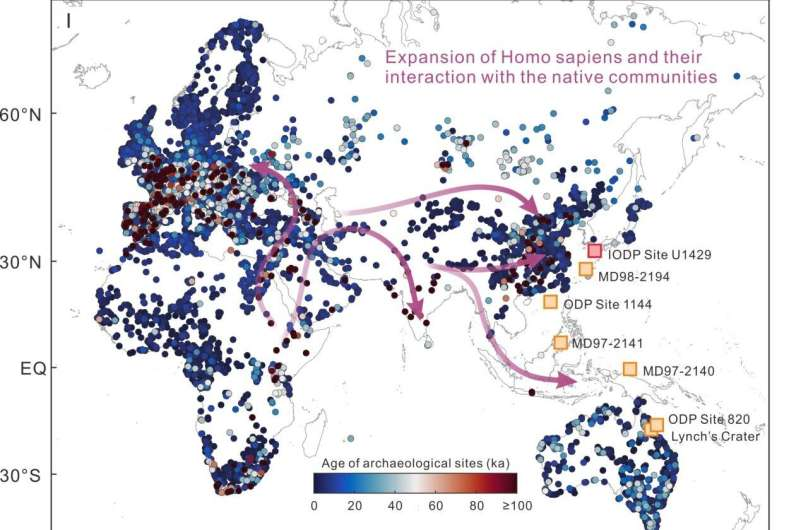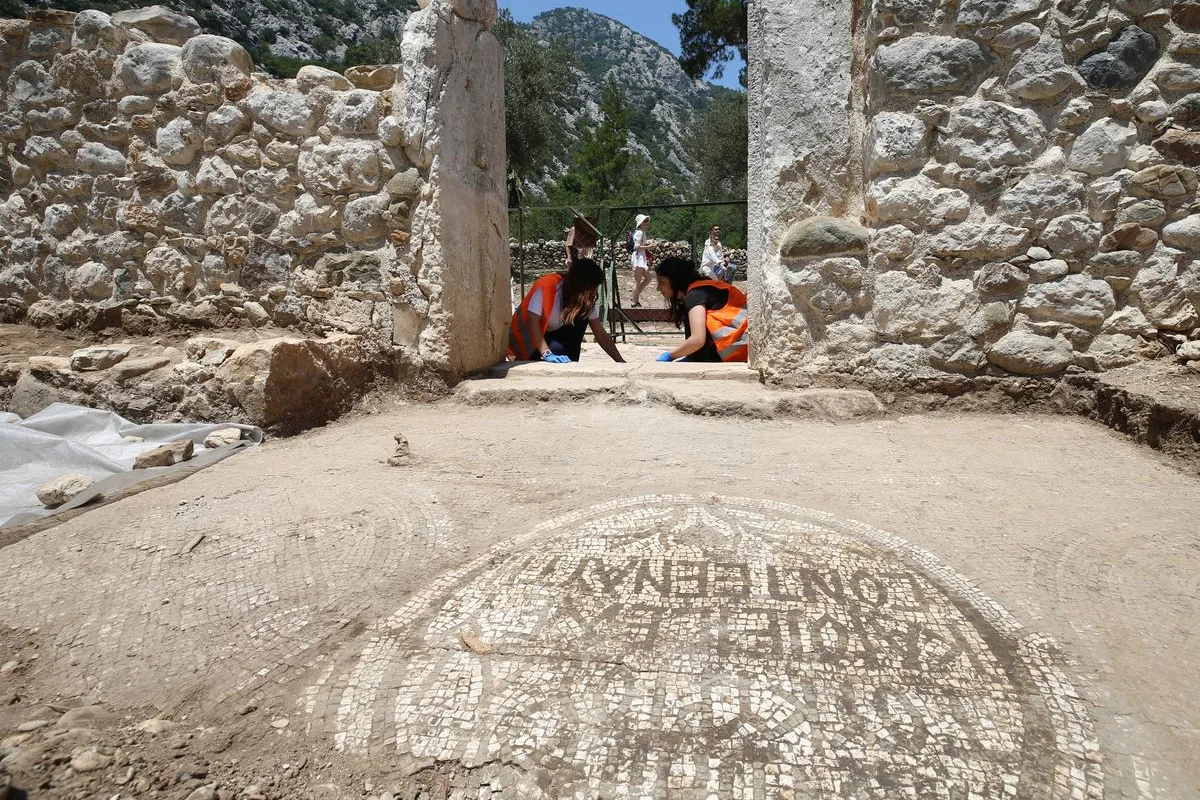Saint Philoumenos, born Sophocles Hassapis in 1913 in the village of Orounta, Cyprus, is a figure of great reverence within the Orthodox Christian world. He devoted his life to the Church, serving in Jerusalem for over 45 years. In 1979, he was appointed as the guardian of the Jacob’s Well monastery in Nablus, a site sacred to both Christians and Jews. It was here, on November 29, 1979, that he tragically met his death under brutal circumstances.
While initial accounts of his death alleged a "ritualistic murder" by "Zionist settlers," further investigations revealed a more complex reality. The Israeli authorities arrested Asher Raby in 1982, a mentally ill individual responsible for several violent crimes against Jews and non-Jews alike. Raby’s mental instability and his claims of divine commands to attack religious sites clarified that his actions were not part of an organized or ideologically driven campaign. Despite this, the two-and-a-half-year gap between the murder and Raby's capture allowed the narrative of a targeted anti-Christian hate crime to take root in various circles.
Competing Narratives and Ongoing Controversy
The narrative surrounding Saint Philoumenos' death has become a source of tension and controversy. On one hand, the Orthodox Christian tradition honors him as a martyr, and his canonization in 2009 by the Greek Orthodox Patriarchate of Jerusalem solidified his position as a significant religious figure. His relics are venerated in Cyprus and Jerusalem, attracting thousands of pilgrims annually. However, the popular narrative of his murder, which perpetuates medieval-style "blood libel" accusations against Jews, has fueled antisemitic sentiment within some ecclesiastical circles. These accusations echo old prejudices that associate Jews with ritualistic violence, a harmful stereotype that led to persecution in Europe for centuries.
On the other hand, tensions in the Middle East, particularly in Jerusalem and the West Bank, also reflect real incidents of violence by ultra-Orthodox Jewish extremists against Christian sites and clergy, including Greek Orthodox and Catholic communities. Attacks on churches, desecration of Christian symbols, and harassment of clergy have been documented, underscoring the volatile nature of interreligious relations in the region. These incidents, while not representative of broader Jewish communities, contribute to the perception of hostility and deepen mistrust.
A Balanced Perspective
The story of Saint Philoumenos highlights the challenges of navigating historical and contemporary narratives in a highly sensitive context. While antisemitism remains a troubling issue within certain Christian circles, it is equally important to acknowledge and address the actions of extremist factions that target Christian communities in the Middle East. Both phenomena reveal the need for greater dialogue and understanding between religious groups.
Ultimately, Saint Philoumenos' life and death serve as a reminder of the complex interplay between faith, history, and modern politics. His legacy continues to inspire devotion among the faithful while also provoking critical reflection on the narratives we choose to perpetuate and the divisions they may reinforce.









